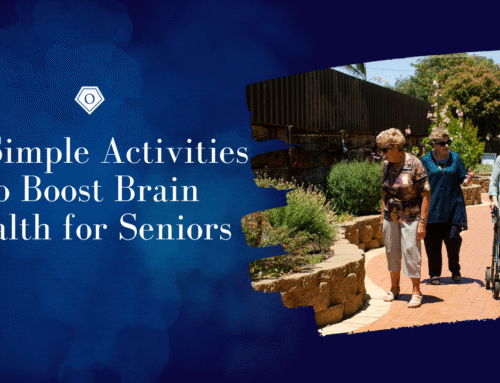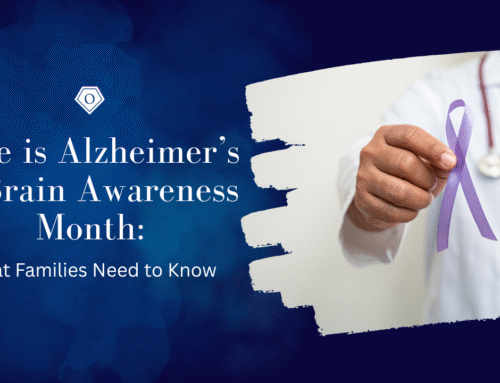Over 40 million Americans struggle with long-term, chronic sleep disorders. From Alzheimer’s to depression, sundowners can keep the elderly awake at night and create behavioral struggles during the day.
Studies show that 20% of Alzheimer’s patients experience confusion, agitation, and anxiety beginning in the afternoon and evening. Sundowners is often characterized by:
- Anger
- Depression
- Anxiety
- Extreme Agitation
- Delusions
- Fear
- Emotional Outbursts
- Paranoia
- Hallucinations
- Crying
- Pacing or Wandering
- Restlessness
- Hiding Objects
- Rocking
- Trouble Sleeping
When managing Sundowners, you must learn what aggravates your loved one. Factors that aggravate late-day confusion:
- Fatigue
- Low Light
- Disruptions to the “internal clock”
- Difficulty separating reality and dreams
- Presence of infection
To reduce Sundowners, consider:
- Increasing natural light in mornings and nights
- Avoiding naps
- Getting exercise and planning outings
- Avoid caffeine
- Utilize calming music
While it’s normal for dementia and Alzheimer’s to experience Sundowners, its symptoms should not be taken lightly or ignored. Every case of Sundowners is different, but you will see a pattern of symptoms that worsen as day turns to night, with your loved one’s behavior becoming increasingly difficult to manage.
Sundowners can be dangerous for your loved one’s health and physical safety. A plan will help both caregiver and patient. If you cannot manage your loved one, it is likely time for home health care.
Home health care support can ensure your loved one remains in your home while offering the family caregiver relief.
Choosing long-term care is a burden that often falls to adult children and family caregivers. Our team is here to support you throughout the journey. Download our booklet to explore options that are right for your aging loved one and family. Download the booklet here.






